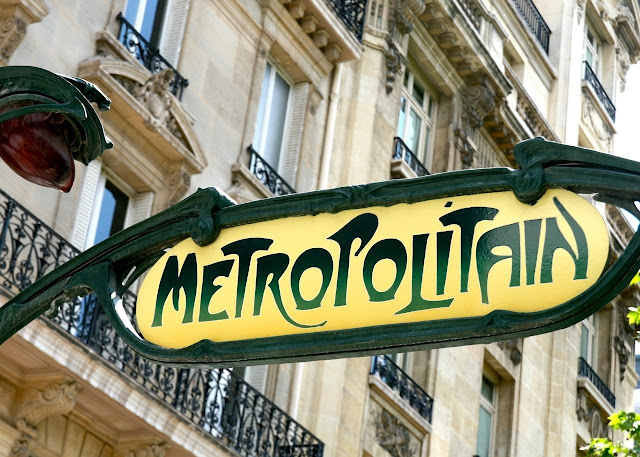Sri Lankan Design and Contemporary Crafts at Falmouth.
 |
| The venue..(behind the boats) |
Alongside colleagues from Fashion and Graphic Design Contemporary Crafts Course Leader Jason Cleverly has just returned from The Sri Lanka Design Festival.
 |
| printing block |
 |
| terracotta |
http://www.srilankadesignfestival.com/
The aim of the trip was to examine the possibility of Contemporary Crafts Students collaborating with artisan makers over the next few years to develop a range of affordable sustainable products utilizing the traditional skills and materials favoured by the Sri Lankan makers.
 |
| Palm weave |
http://dfsd.lk/island-craft.html
The trip, Instigated by Patrick Gottelier Head of the department of Design featured a whole range of lectures, debates, exhibitions, fashion shows and networking opportunities. It is hoped that future students will make the trip both to the Festival and and to meet the makers around the island.
The collaboration will also draw upon our relationship with students and staff from our partners in the Academy of Art and Design Sri Lanka. The founders of the
Sri Lanka Design Festival.
http://www.aod.lk/
 |
| back end of an elephant! |


































